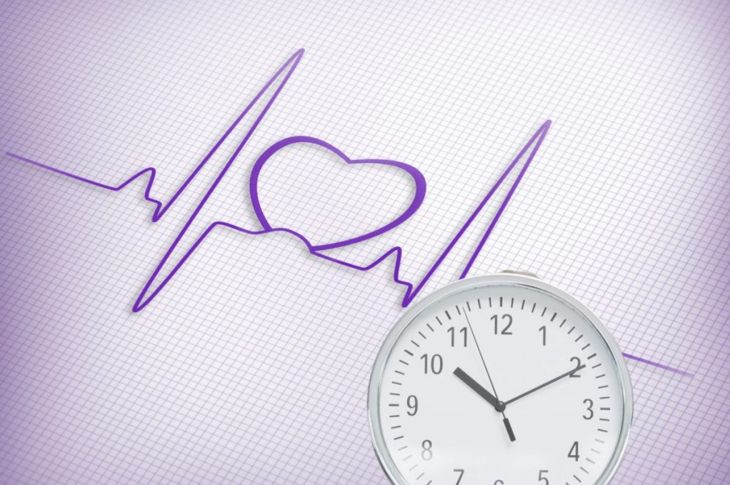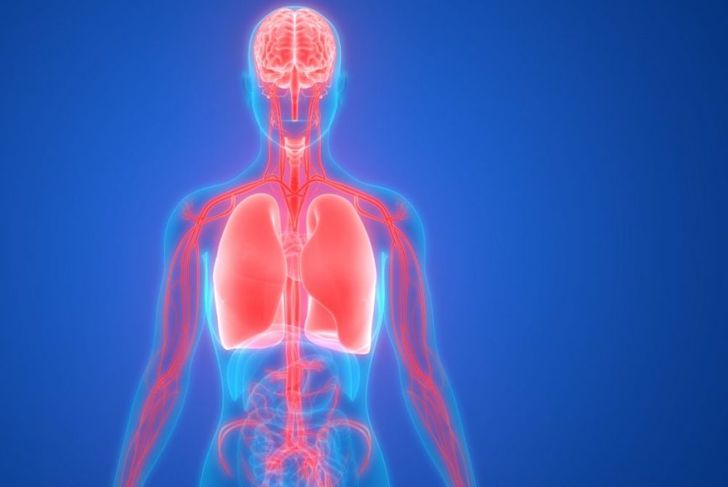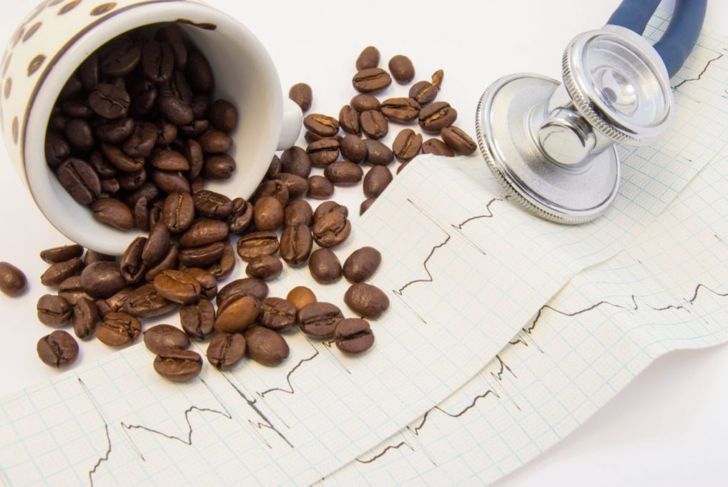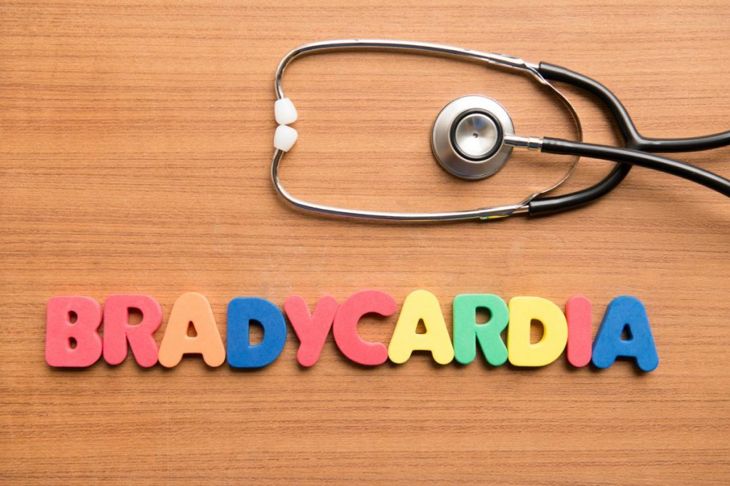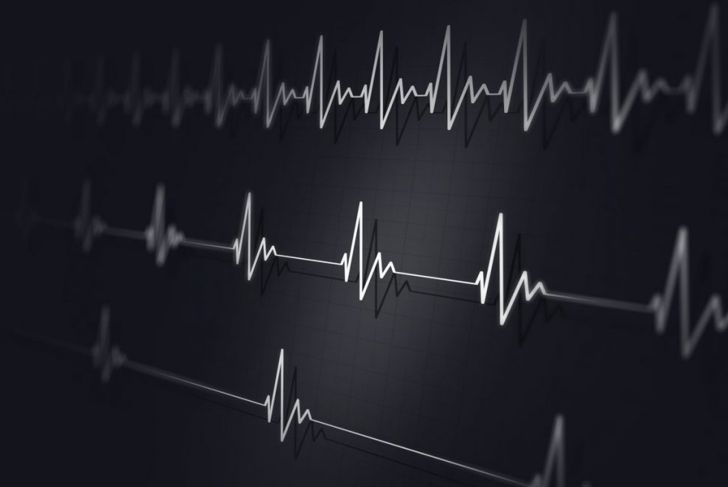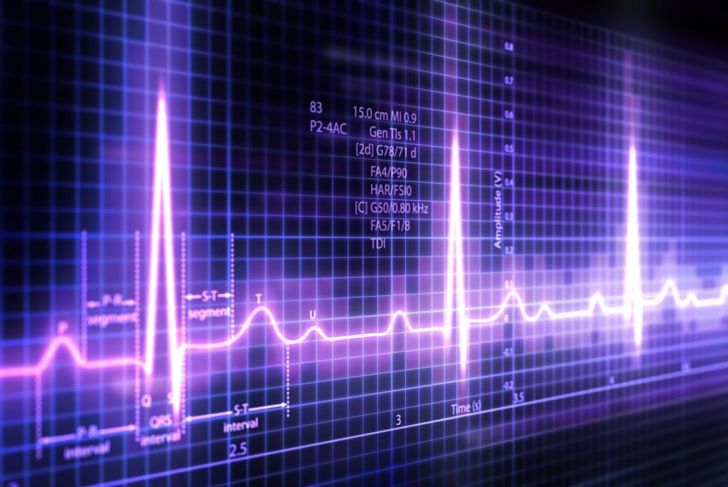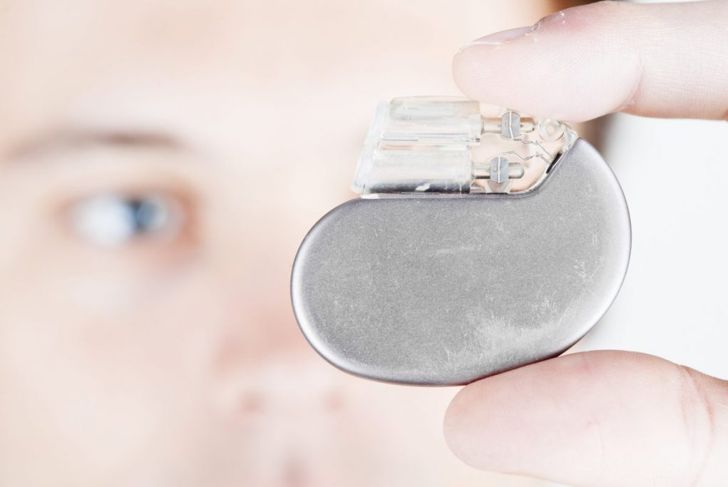Though it is an understandable mistake, sinus arrhythmia has nothing to do with the nose. Rather, the term refers to the sinoatrial or sinus node in the heart. Like a clock, the heart ticks at regular intervals like a second-hand. Any deviation from this constant rhythm is an arrhythmia. The sinoatrial node is essentially the heart’s natural pacemaker, helping keep the heartbeat steady. Sinus arrhythmia is an irregularity in the heart’s rhythm, originating in the sinoatrial.
Respiratory Sinus Arrhythmia
There are different types of sinus arrhythmia, but the most common affects breathing. In a person with respiratory sinus arrhythmia, the heart’s rhythm changes when breathing in and out. Inhaling causes the heart rate to increase while exhaling causes it to decrease. This type of sinus arrhythmia is common in children. As the heart is still growing, there are often slight fluctuations in the beats. The condition tends to disappear as the child’s physiology matures.
Causes of Respiratory Sinus Arrhythmia
Experts do not know the exact cause of respiratory sinus arrhythmia. Research suggests a connection between the lungs, heart, and circulatory system. An irregularity in blood gas levels may cause the heart to compensate by altering its rhythm to increase efficiency and correct the levels of blood gases. In older adults, sinus arrhythmia is usually an indication of a more serious condition such as heart disease.
Sinus Tachycardia
A heart rate that is too fast is sinus tachycardia. This form of sinus arrhythmia occurs when a person experiences more than 100 heartbeats per minute. There are many triggers for sinus tachycardia including stress, anxiety, pain, medications, and strenuous exercise. Substances such as caffeine, nicotine, and recreational drugs can also cause the heart to beat faster.
Sinus Bradycardia
If sinus arrhythmia results in a heart rate of fewer than 60 beats per minute, this is sinus bradycardia. Children, young adults, and trained athletes will naturally experience a lower-than-average heart rate. But if this is coupled with lengthy pauses between beats, they may be experiencing this form of sinus arrhythmia. In adults who are not physically active, a slower heart rate can be worrisome. Vital organs may not receive enough blood and nutrients to function properly.
Is Sinus Arrhythmia Dangerous?
All three types of sinus arrhythmia are benign. Young, healthy individuals may experience symptoms, but no serious side effects should arise. If the cause of an increase or decrease in the heart rate is known, both sinus tachycardia and bradycardia are not dangerous. However, when experienced in the elderly for no identifiable reason, these events can indicate more serious issues.
Symptoms of Sinus Arrhythmia
Symptoms of sinus arrhythmia can be so mild that a person may have the condition for years and never know. The most obvious symptom is any fluctuation in heart rate. When checking the pulse, a doctor may note a slight change when inhaling and exhaling. A slow or fast pulse may be coupled with lightheadedness or shortness of breath.
When to See a Doctor
Sinus arrhythmia will often go unnoticed and presents no harm to individuals. Small variations in the rhythm of the heart are normal. Unexplained palpitations are not, though they rarely lead to or indicate severe conditions. However, if the heart is skipping beats, it is always best to speak with a doctor — fluctuations in heart rate can be so small that only a machine can discern them. A medical practitioner can identify or rule out if an underlying heart problem causes sinus arrhythmia.
Diagnosing Sinus Arrhythmia
A doctor is often able to diagnosis sinus arrhythmia by simply checking the patient’s pulse rate. However, in some cases, he will perform an electrocardiogram (ECG or EKG) to detect every aspect of the heart’s rhythm by measuring electrical signals. Any irregularities will show up, allowing the doctor to make an accurate diagnosis.
Treatment of Sinus Arrhythmia
As a benign condition, there is usually no treatment necessary for sinus arrhythmia. However, in a small number of cases, patients require treatment, especially if doctors identify an underlying heart condition. With sinus tachycardia, eliminating the underlying cause will help bring the heart rate back under control. Bradycardia can lead to the brain and other vital organs not receiving sufficient amounts of oxygen-rich blood. In extreme cases, individuals require pacemakers to regulate the heart.
Lifestyle Changes
Lifestyle changes can help prevent and reduce the risk of sinus arrhythmia. Daily physical exercise combined with a diet rich in vegetables, fruits, and whole grains will keep the heart healthy. Cutting down on caffeine and giving up smoking will also go a long way to regulating the heart.

 Home
Home Health
Health Diet & Nutrition
Diet & Nutrition Living Well
Living Well More
More